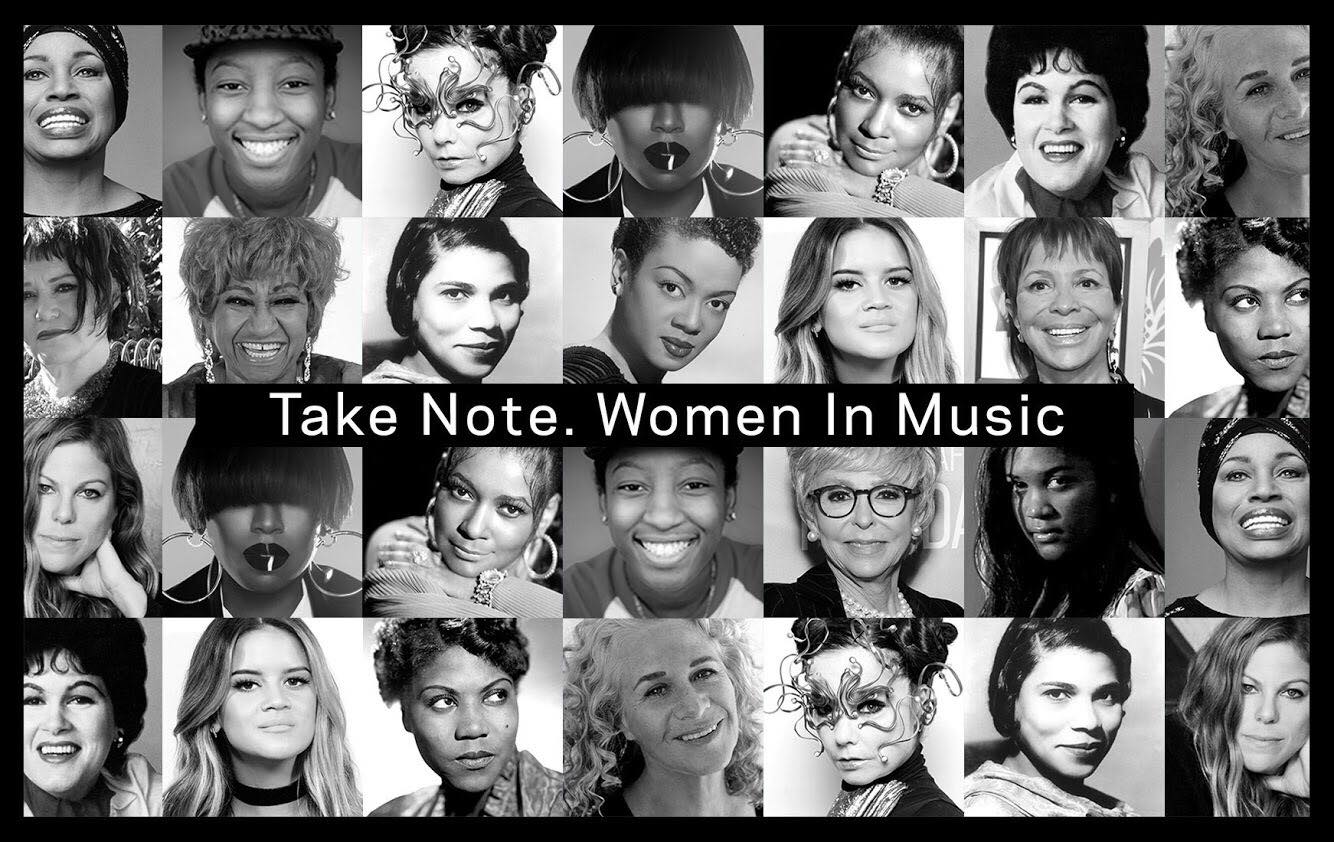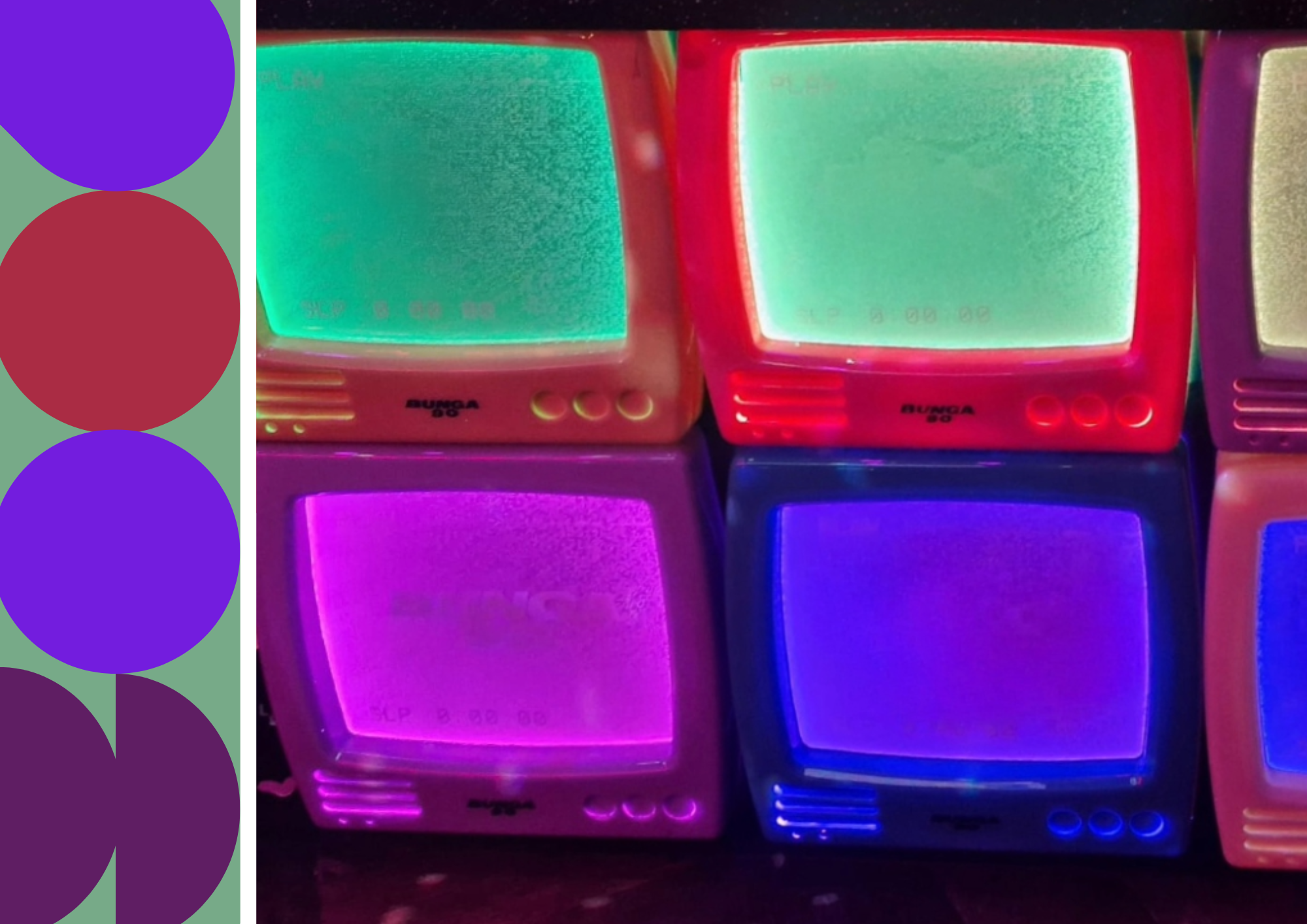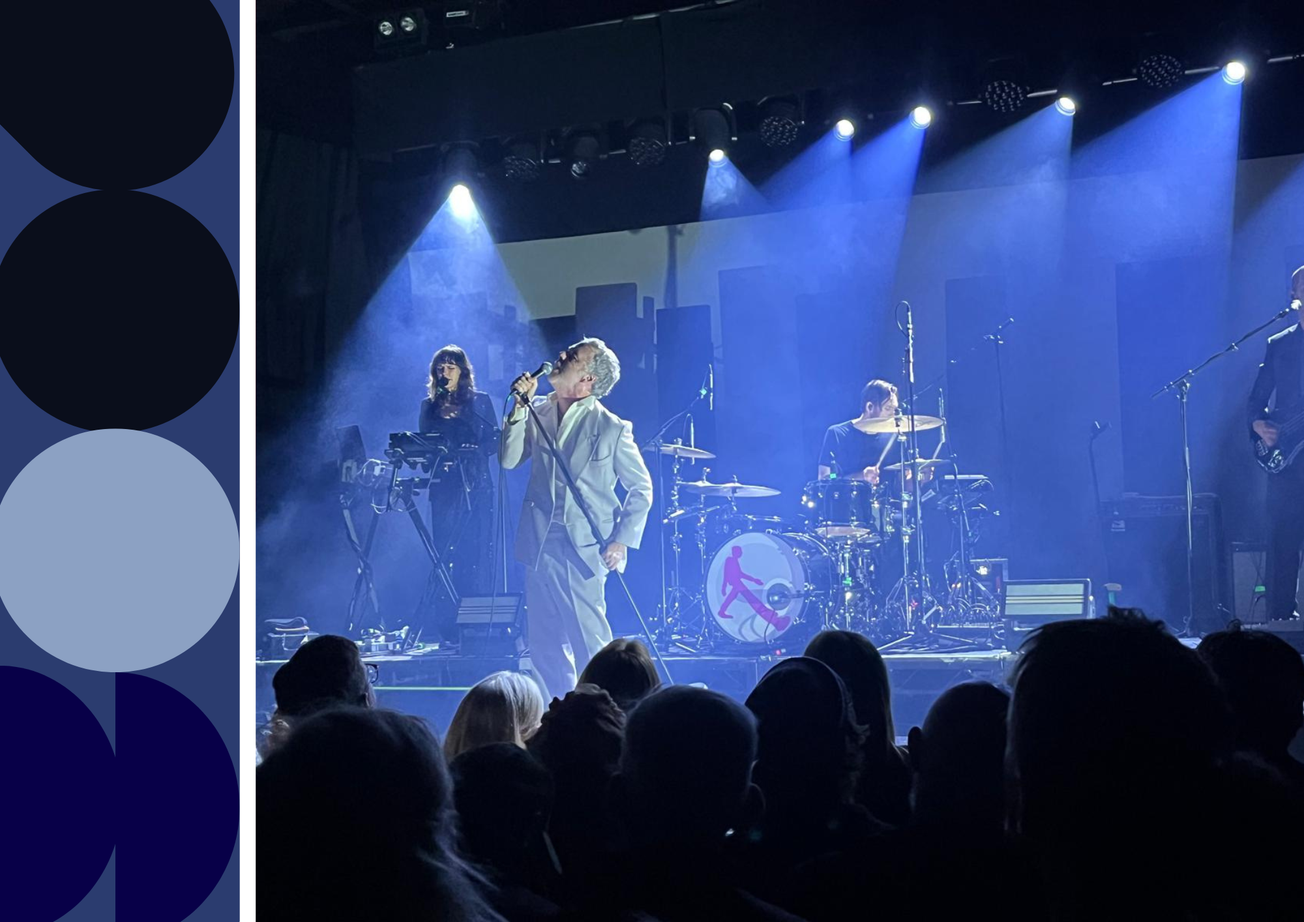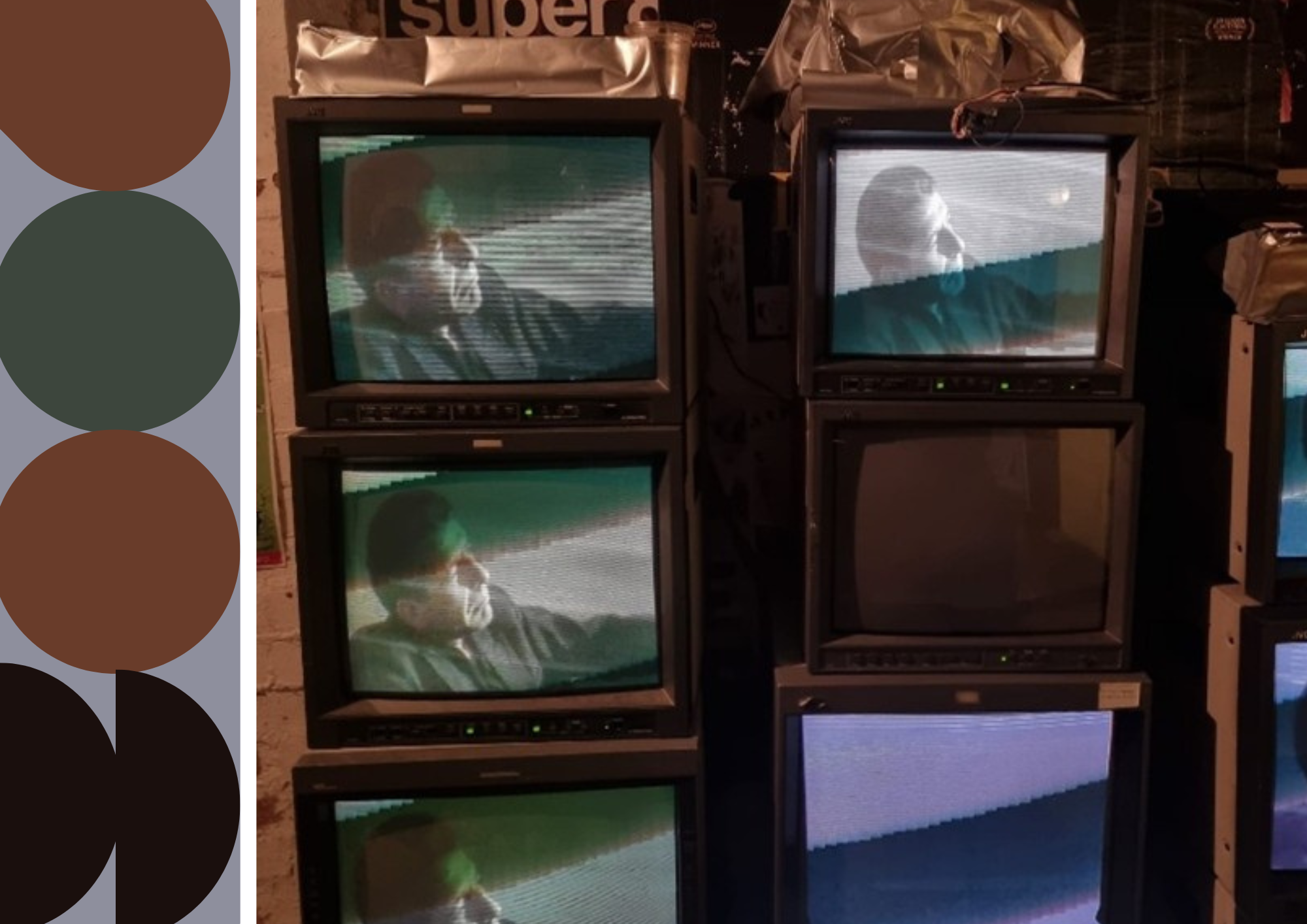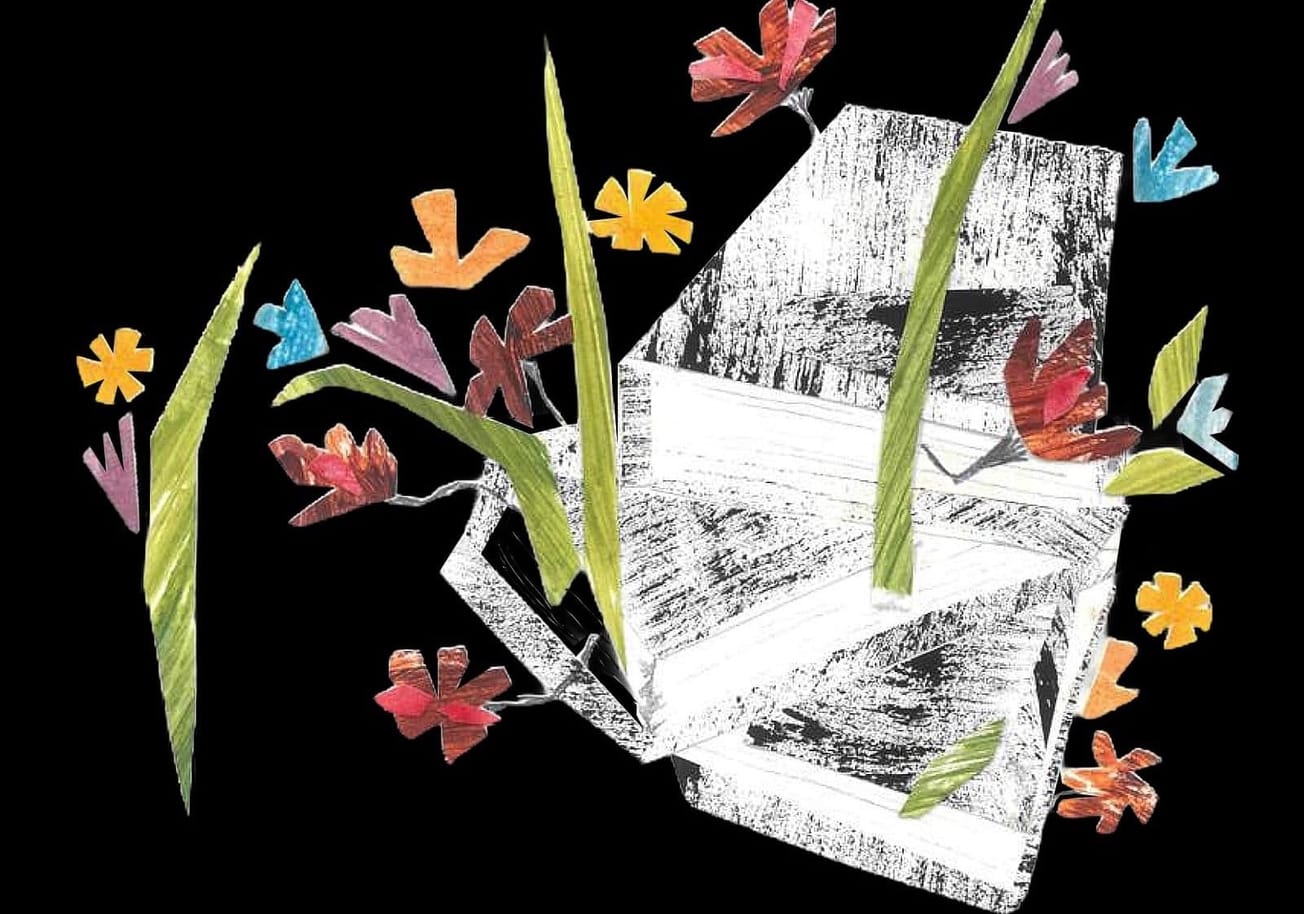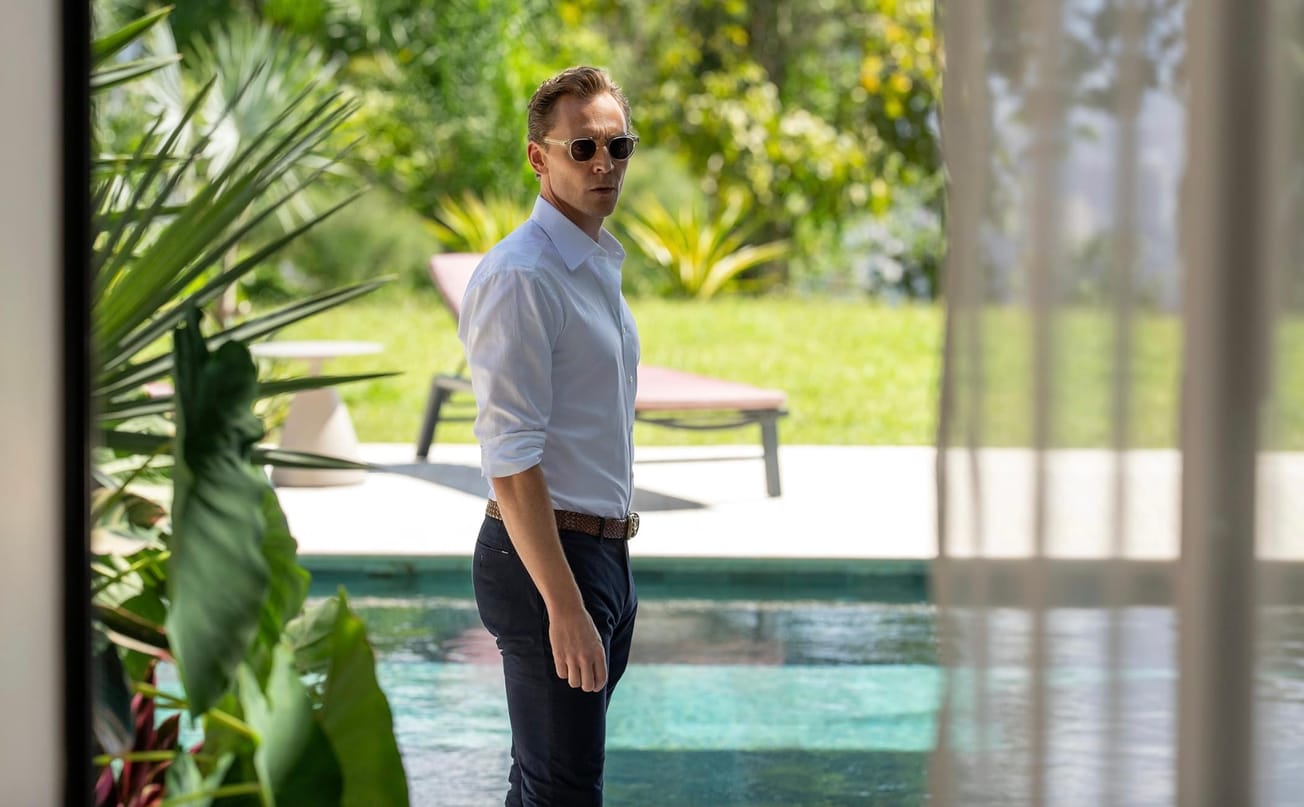In honour of International Women's Day, Online Editor Georgia Marsh questions why women in music seem to be less recongised than their male-counterparts, and demands a more equal means of measuring their success.
For every music fan, the figures that litter their personal music history are just that: personal. Who did your mum play in the kitchen when she was cooking dinner? Whose music does your dad sing-along to loudly when it comes on the car radio? What songs soundtracked your tumultuous adolescent development? When I reflect on my own musical education and the music that brings colour to my family and I's lives, of course I see Frank Ocean, Prince, David Bowie, A Tribe Called Quest, Kano, etc. However, I also see a whole array of female artists standing alongside them - Lauryn Hill, Amy Winehouse, Stevie Nicks, Sade, Beyoncé, and so forth. But where in music history are the latter being held in the same stead as the former?
Even in an algorithm, women are considered less impactful, less 'great'.
At a Radio 1 training day, we were shown a list of artists considered as radio gold - the timeless tastemakers. Okay, the list lacked the likes of Jay-Z, The Sex Pistols and Biggie Smalls, and other giants of anti-pop culture, but these artists aren't 'radio-friendly', so their omission was understandable. What was not so understandable, however, was the four women among the 50+ white men with guitars.
Google search 'the greatest musicians of all time'. Rightly so, you will see the names Michael Jackson, Bob Dylan, Stevie Wonder, and so forth, yet the number of men heavily outweigh the women. Even in an algorithm, women are considered less impactful, less 'great'.
Although award ceremonies are generally considered giant crocks of shit, they're nonetheless influential and are supposed to reflect the current pop climate. However, only two of the 17 most awarded artists at The Grammys are female (Alison Krauss has 27 awards, Beyoncé has 22). In 60 years of the awards' history, albums by women have been crowned best of the year only 16 times (Taylor Swift and Adele were awarded twice each, meaning only 12 women have ever won). Even more devastatingly, only three black women (Lauryn Hill, Whitney Houston and Natalie Cole) and no Asian women have won the ceremony's top prize.
Is the art of women simply not worthy of acclaim?
And that's just the history of the awards. In this years' ceremony, only Lorde's Melodrama - a blistering, heart-shattering, life-affirming pop masterpiece - was nominated for Album of the Year, and women suffered big losses throughout the ceremony. In response to this, the President of the Recording Academy said women needed to 'step up'. In a year that gave birth to experimental, innovative and game-changing projects from female artists like Syd, Lana Del Rey, Saint Vincent and breakout artist of the year SZA, the deliberate shutting out and belittling of women is outrageous.
We finally get to hear what @SZA feels about being snubbed at the #Grammys, says it's "much bigger than me and a f*****g trophy." https://t.co/jYwwrwe7iA pic.twitter.com/f2GIrl7Wj2
— Blavity (@Blavity) March 1, 2018
At this year's BRIT Awards, pop princess Dua Lipa was the only female up for British Album and British Breakthrough, winning the latter as well as British Female. Is the art of women simply not worthy of acclaim? Critics and consumers alike have the cheek of calling Beyoncé (a multi-faceted vocalist, writer, record producer, dancer, activist, actress, director, musician) overrated but laud the likes of Ed Sheeran and Bruno Mars: pillars of sub-par mediocrity and blueprint songwriting.
Award ceremonies and festival line-ups have a duty to music fans and to wider music history to amplify the greatness of women, to signpost consumers to trailblazers and pioneers.
To add more salt to the wound, Wireless Festival recently came under fire for including only three women on their line-up - R&B songstress Mabel, dancehall star Lisa Mercedez and the inimitable Cardi B. To suggest there aren't enough women in hip-hop to draw fans to festival fields - artists like Jorja Smith, Stefflon Don, Princess Nokia and Lady Leshurr - is unfathomable. Award ceremonies and festival line-ups have a duty to music fans and to wider music history to amplify the greatness of women, to signpost consumers to trailblazers and pioneers.
Boardmasters line up with only women:
— VOID Music Blog (@VOIDMusicBlog) March 4, 2018
Why so few? Why so far down the line up?
75% of acts are all male.
Women make up less than 20% of individuals.
Boardmasters has never had a female headliner.
Surely Cornwall’s biggest festival can do better? pic.twitter.com/hompHRb9fT
Take Madonna, for example: the world's fourth best-selling artist. She encapsulates everything cherished about Bowie, Prince and Freddie Mercury - the provocateur, the sex symbol, the cultural pillar, the versatile artistic chameleon - but she is never held with the same regard as her peers. She's even recently spoken about the constrains against her creative freedom - how the hell is a woman who's sold an upwards of 300 million records (who released 'Ray of Light', for Christ's sake!) not in complete control of her artistry? The clue's in there somewhere...
Britney Spears and Amy Winehouse were demonised for their mental health issues and downward spirals, yet John Lennon abused his wife and son but has been made a martyr because he once wrote a song about peace and sat in a bed all day.
The double-standards are boundless: Rihanna - a superstar in every sense of the word - is criticised for not writing all of her own music, but Elvis Presley - the man credited with inventing rock 'n' roll - also didn't write his own music. Secondly, women's mistakes are unforgivable: Britney Spears and Amy Winehouse were demonised for their mental health issues and downward spirals, yet John Lennon abused his wife and son but has been made a martyr because he once wrote a song about peace and sat in a bed all day.
Judging an artist's greatness on their radio-plays, record sales, magazine rankings or number of awards problematic and inserts capitalist values into art. Perhaps we should instead judge their work on the way it makes us feel - if it makes us want to dance, bump, sing, cry, smash shit, smoke, free caged animals, save the world, turn up or just lie down. However, if we're going to measure success this way, we must demand more women be included in narratives of greatness. This is not just limited to music and the wider scope of art, but is a sentiment that must filter into the rest of our lives.
*Featured image: Twitter / @RecordingAcad
How are you celebrating women in music? Let us know:

